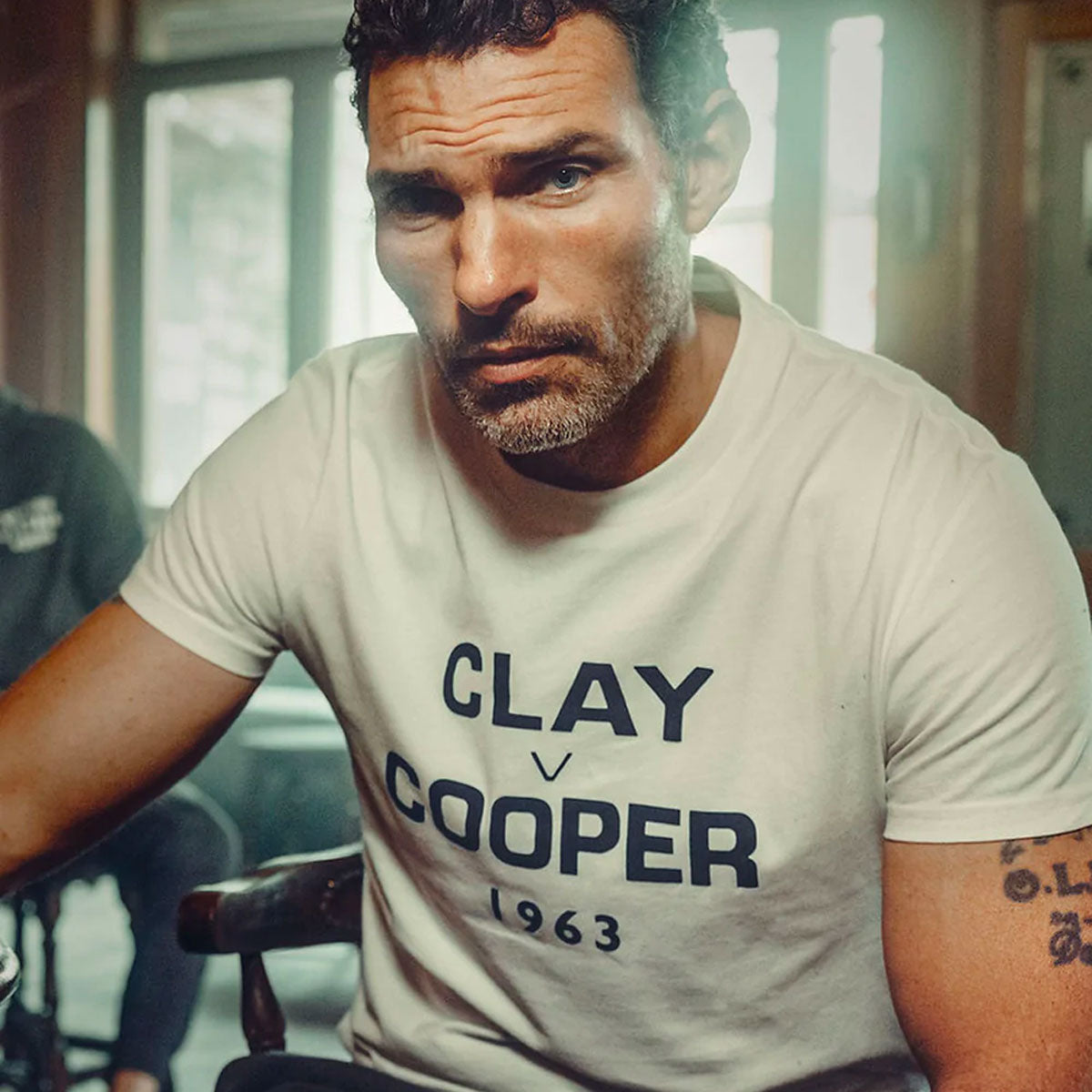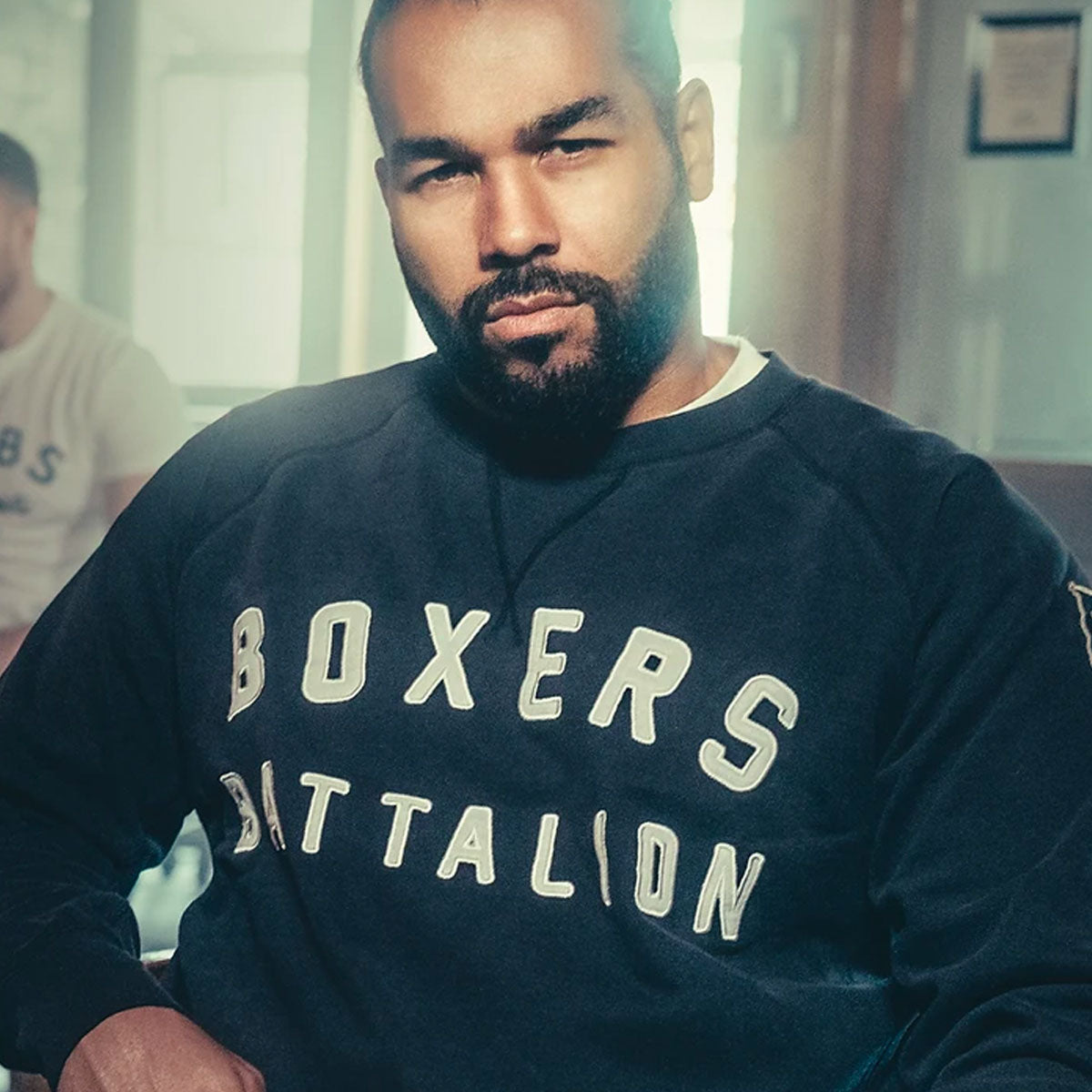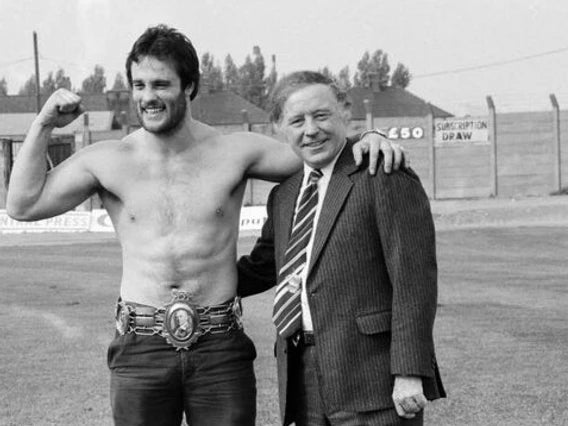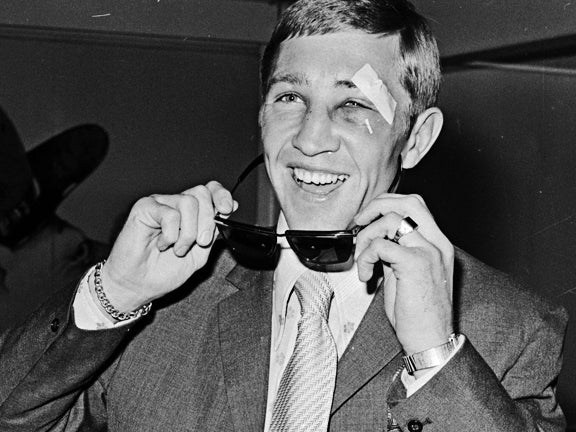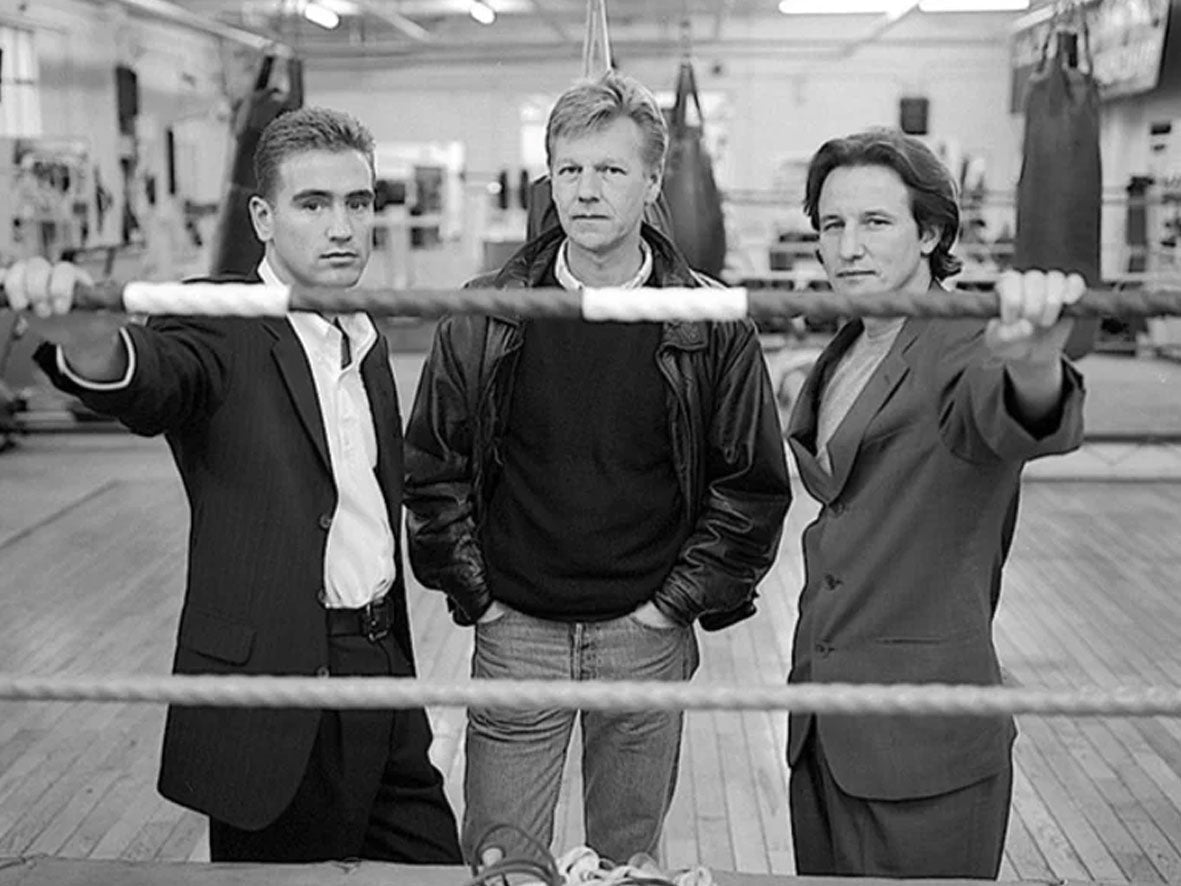
The late David Pearce was widely regarded as a British heavyweight champion who never fulfilled his potential. His nephew, Luke Pearce, a decorated military officer, took the time to speak to British Vintage Boxing about his beloved uncle. However, before discussing Newport’s favourite fighting son, Luke reflected on recent activity in the square ring as trainer for 6ft lightweight British title challenger, Craig Woodruff. “I always said it was a 50/50 fight and thought he’d won by two rounds, but fighting away from home on a promotion hosted by the other fighter’s promoter, I think a draw is not a bad result. Fighting for the British title [against Gavin Gwynne] was an unbelievable experience because the last man to win the Lonsdale belt from Newport was David 39 years ago. We will keep fighting for the rematch.”
Pearce explained his career in the military and his route into boxing. “I first got involved in the military in 1998 at the age of 16 and in terms of the boxing, I came from a boxing family and from very early on, I’d go to boxing gyms and train. Throughout my military career, I boxed, then went into coaching. I then had a break in the service where I worked in the prison service and few others things and during that time I had a few amateur bouts. Then when I came back into the military, I was in the Royal Air Force (RAF) this time, because I was in the Welsh Guards within British Army initially. I started coaching teams in the RAF and taking them to competitions, then off the back of that I qualified in judging for England and Welsh boxing. Then I thought, ‘Where am I going to go from here?’ It was at that time Craig contacted me as we were still in the process of raising funds for David’s statue and he wanted to help. Off the back of that we got chatting and I said, ‘If you’re serious about boxing again, I’ll train you.’ We started planning towards the team’s goal of fighting for a British title eliminator, which we did, by beating Ronnie Clarke for the BBBofC Celtic title. The Gavin Gwynne fight followed six months later.”
Steeped in a rich history of boxing, Luke explained the depth of the fistic family bloodline. “The Pearce's were very well known in the 70’s and 80’s, I suppose, very similar to the Smith family from Liverpool today. My father, Bimbo was a Welsh heavyweight champion and he won a multitude of Welsh titles and also fought as a professional and beat the light heavyweight Central champion. My uncle Gary fought the world No5 and former European welterweight champion, Hans Henrik Palm and dropped him in his backyard in Denmark. My uncle Ronald fought Robert Smith, the head of the British Boxing Board of Control and my uncle Raymond fought Dennis Andries, before David beat him. And finally, there was uncle Nigel who had five professional fights. Each have a story in their own right, with David being the standout becoming British champion and fighting for the European title.”
Luke continued. “David didn’t have as many amateur fights as Bimbo or Gary. He had a handful of amateur fights and reach the Welsh national championships finals twice, winning all his fights by stoppage. Unfortunately, both times he reached the finals he was disqualified for being late! It was already evident at that point, albeit him being a small heavyweight, he was a very powerful puncher. In fact, throughout his heavyweight career, he was only ever a few pounds over 13st, so, you have to wonder how he would have done at light heavyweight.” Newport’s Rocky was similar in weight to Henry Cooper. Imagine how that fight would have panned out at their peaks?
After making his professional debut on 15 November 1978, David Pearce suffered his first stoppage against Neville Meade on 22 January 1980 for the Welsh heavyweight title. Luke discussed the second-round stoppage. “My grandfather and Eddie Thomas disputed the decision at the time. David made it clear that he was more than happy to fight him again, which he did. He turned a negative into a positive and came back. Just to say, Neville’s power was massively underrated at that time. In his 20 wins as a pro, he had 18 stoppages.”
One year later, when David did fight again he was disqualified for a low blow in the third round against John Rafferty. Undeterred, he didn’t lose in his next seven outings, with his third contest of this run being of particular interest, stopping three time light heavyweight champion, Dennis Andries in seven rounds. Luke expanded on this stage of David’s career. “The Rafferty fight has always been regarded a bit of a joke. He was always a messy fighter and David Knocked the guy down. The disqualification was a very poor decision. Rafferty should have been counted out rather than the low blow allegations.
“Dennis Andries was a huge victory. Greg Stein, who’s sadly no longer with us, looked after Dennis and told me that Dennis wanted to fight a top heavyweight in the country, to prove that he belonged at that level and truly believed he would stop my uncle. David was due to fight Stuart Lithgoe, but the fight didn’t come off and David got approached at short notice to fight Andries and took it. For Bomber it was more about avenging his brother Raymond’s loss to Dennis, than winning for himself. They had huge respect for each other after the fight. Nobody stopped Dennis for a further six years and that was at the hands of Thomas Hearns.”
David Pearce vs Albert Syben - April 1983
On 22 September 1983, Bomber had sweet revenge with Neville Meade, but this time the stakes were higher with the Welsh and British heavyweight titles on the line. Luke recalled the historic contest. “It was a huge occasion for the family and the city. He wanted to do this for his father, but especially for Newport. They were both on a great run of explosive form, but David was the underdog. That didn’t faze him though, because he knew he could tire him out and could get through those early rounds with his high guard. He was fit and most importantly his punching power for a small man was huge, which is what won him the fight by knockout in the ninth round.”
David Pearce vs Neville Meade - Sept 1983

The crowning moment, winning the Welsh and British titles against Neville Meade
On 30 March 1984, David challenged for the European crown against Lucien Rodriguez in France. Luke discussed the international outing. “He’d been told there had been an abnormality in his brain scan, which affected his mental health as he loved being a boxer. That was his life. He was being told by consultants from Harley Street that he was at no greater risk than any other boxer, but he went into that fight very worried and also wasn’t allowed to spar as he’d broken his hand.
“When he turned up at the airport, the promoters hadn’t booked hotels, so they slept at the terminal in Heathrow and when they arrived in Limoges they slept on a railway park bench because there was nowhere to sleep until they could get the accommodation resolved. He was up against it massively!”
Rodriguez won a unanimous decision over 12 rounds. Pearce added. “I’ve been in touch with Lucien Rodriguez since and he sent me pictures of the fight and the programme. He told me that they didn’t even have a belt ready for David, assuming he wouldn’t win. Lucien felt the fight should have been stopped because of his cut eye and the two knockdowns hence that’s why he got on his bike and boxed. It was really refreshing to hear his side of the story, because we can easily get caught up in our own folklore. Rodriguez, two fights before had fought Larry Holmes in America, so this fight gave David massive recognition, but not the title unfortunately. What an achievement though.” 
Pearce continued. “The tragic part was that he was in his prime, put up an amazing performance and was told he could now fight for a cruiserweight world title. He was going to fight the winner of Ossie Ocasio versus John Odhiambho. It had all been signed and then the BBBofC said no. Then he’d been given the green light to fight in Canada against Leon Spinks. He passed all the tests, it was signed off and then they called it off with 24 hours notice and rightly so if they believed a fighter was at risk.
“Then he was supposed to fight Buster Douglas before he fought Tony Tucker and that got pulled with three hours notice. The difference with that fight was that he was in the changing room ready to fight him. David had put all his eggs into that basket, believing he was going to get a good payday, to then coming back to the UK with nothing. That’s when he became a sparring partner for the likes of Lennox Lewis. He just couldn’t give up on his dream. That was a very tragic time and very sad.”
Keen to pass on his boxing knowledge into the community, Bomber coached junior and seniors at Alway Amateur Boxing Club in Newport until his untimely death on 20 May 2000. Luke shared his memories of the funeral. “It was massive. The whole city was involved and people had travelled from all over the country to attend. I remember at the top of Stow Hill where the church was all the way to the bottom were crowds of people. When the procession came down with the coffin and the hurst, the whole city split in two to allow him through and he had a police escort as the coffin went past. It was a great send off, but more than anything it gave him the acknowledgment he deserved.”
After David’s passing, Luke fundraised tirelessly for a statue of David to be made and erected in Newport. Luke explained the mammoth efforts involved with taking the statue over the line. “David was a lovely person, who was so bubbly and infectious and loved the sport of boxing. That passed to me and I wanted to do something for him, because he deserved it. Initially I was told the statue categorically could not happen. I explained to the council the importance and that it wasn’t just a statue, but a point of inspiration. I had the vision at the time and they basically said, ‘Okay, but you’ll need to fundraise for it then.’ I believe they thought I’d never being able to generate the funds, but we did. I’d never fundraised in my life before, but we were passionate that we could achieve the goal. Initially we raised funds by music concerts, bucket collections, Q&A’s, virtual greyhound and horse racing nights. You name it, we did it. It was a huge project, but we achieved the goal and raised over £60,000 needed to make it happen. “ 
Luke Pearce with the bronze statue of his uncle
Luke recalled the day of the unveiling, signing off with a warming message about the late, great David ‘Bomber’ Pearce. “Lee Selby unveiled the statue and we had BBC there and all the local newspapers, plus BT Sport did a piece with Steve Bunce and Barry Jones. Then we had a function afterwards. It was a tremendous day. I’ve always said that the statue was never just about David and the Pearce family, this is about the city of Newport and inspiring people, whether you want to go to university and gain a degree, be a good footballer or simply be the best in your chosen passion. I wanted David’s statue to be a focal point, similar to the Rocky statue in Philadelphia.
“As a person, David was a genuine friendly man who would help anybody and in boxing I want him to be remembered as a fighter who was fighting in a division too big for him, but he didn’t care and never gave up. He’s a people champion and our Welsh Rocky from Newport.”
Paul Zanon, has had nine books published, with almost all of them reaching the No1 Bestselling spot in their respective categories on Amazon. He has co-hosted boxing shows on Talk Sport, been a pundit on London Live, Boxnation and has contributed to a number of boxing publications, including, Boxing Monthly, The Ring, Daily Sport, Boxing News, Boxing Social, amongst other publications.

